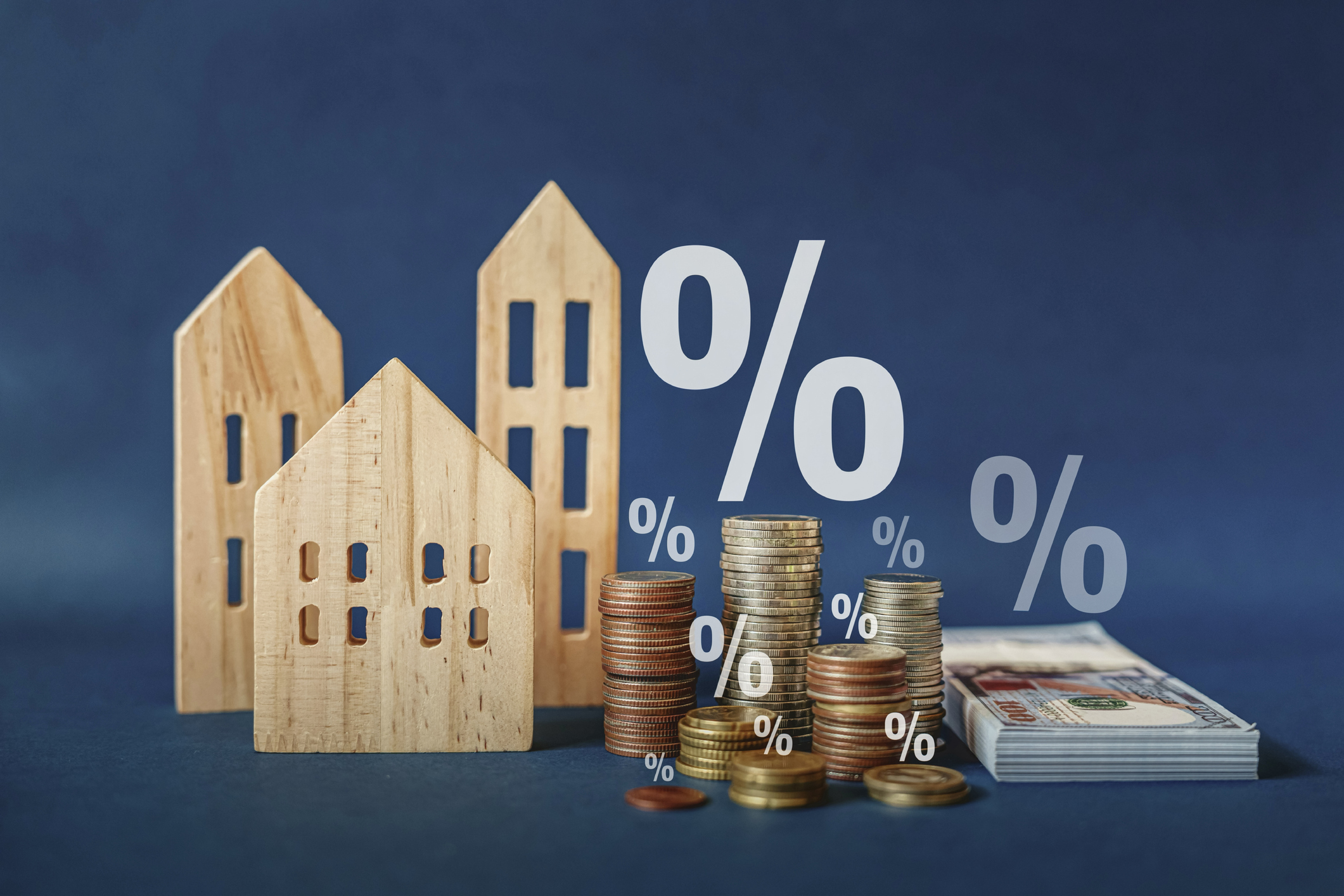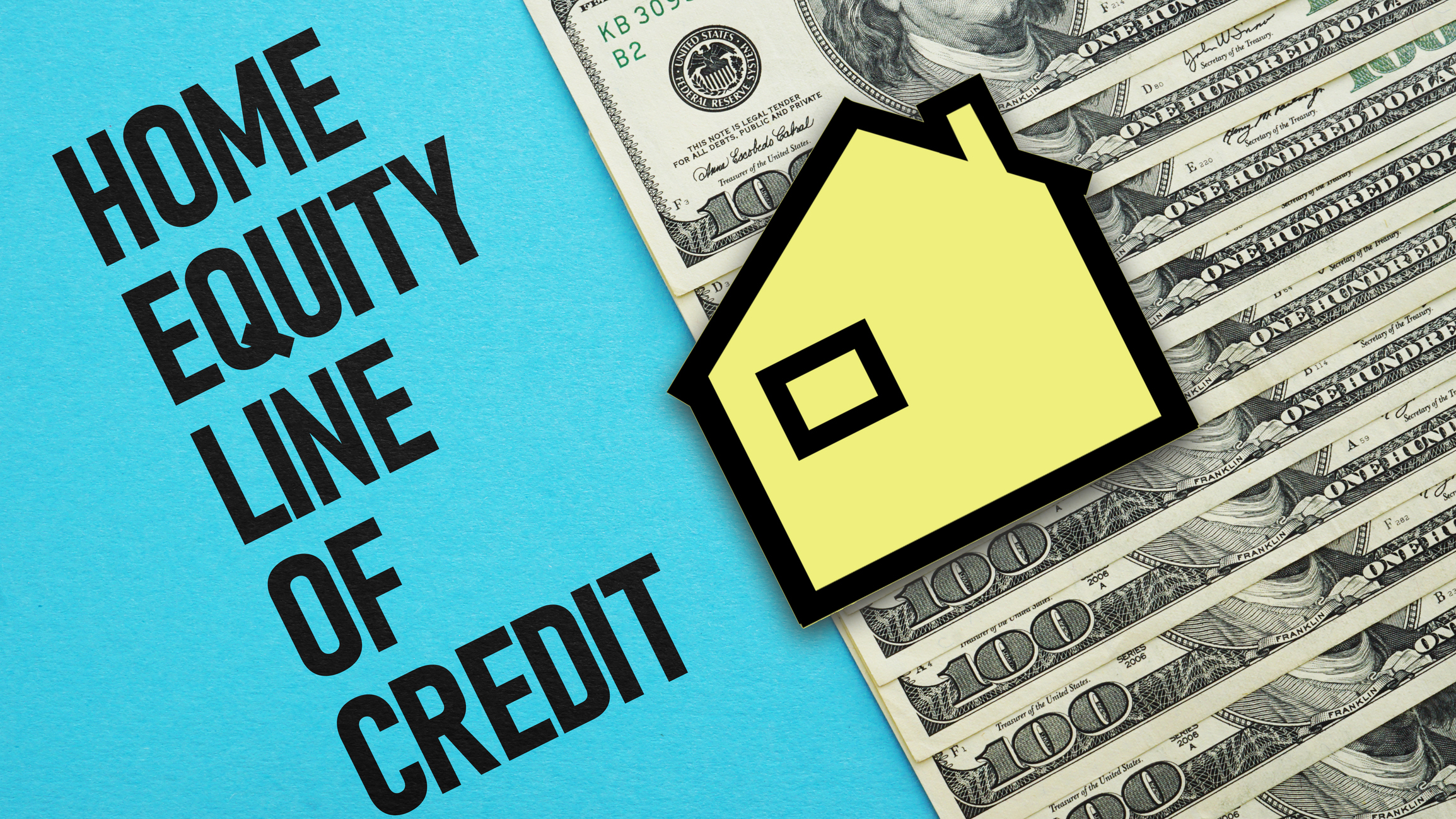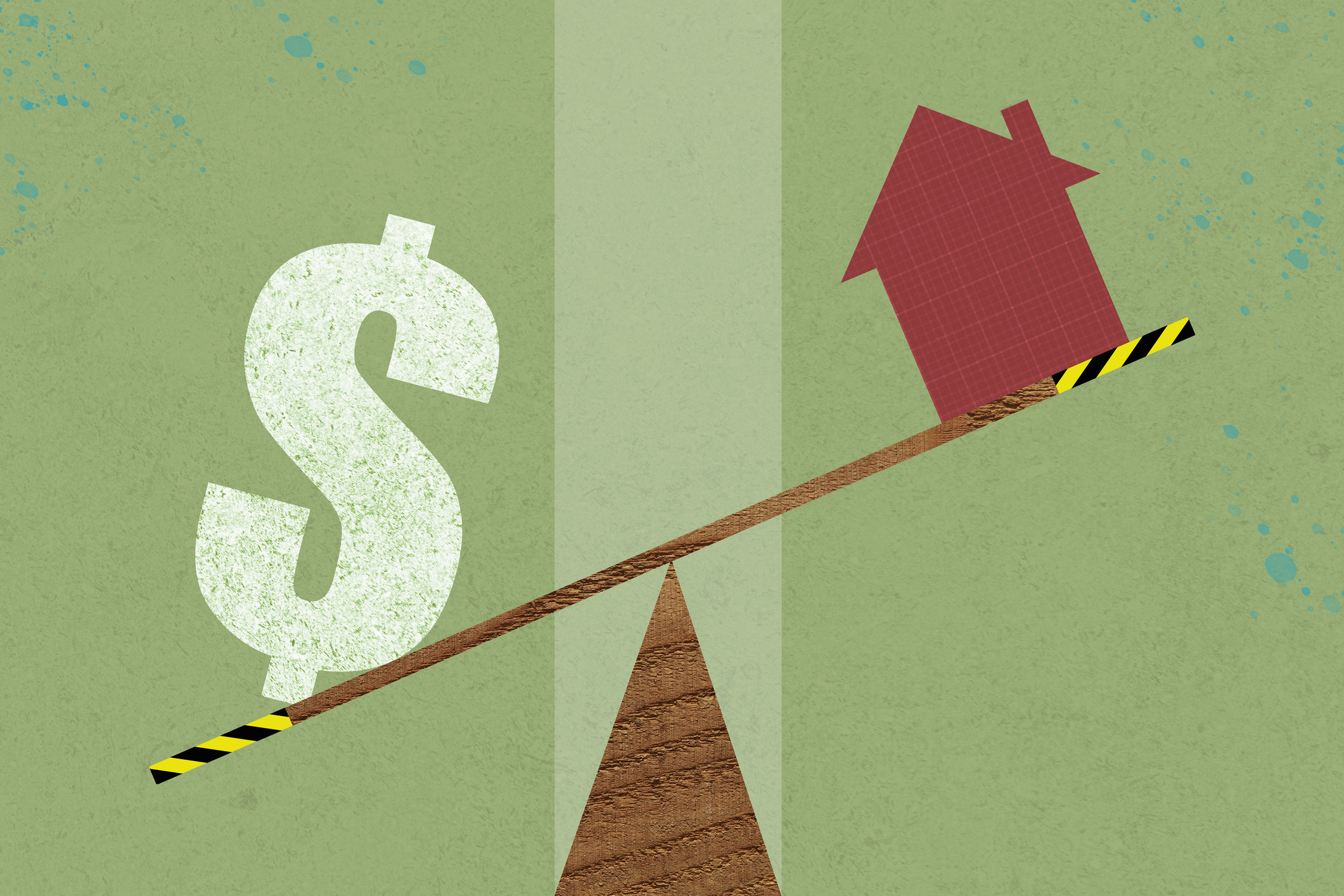Five Housing Markets On the Rise
In five markets, homes are going under contract in less than two weeks on average, despite a broader national housing market slowdown. Which cities are bucking the trend and why?


Profit and prosper with the best of Kiplinger's advice on investing, taxes, retirement, personal finance and much more. Delivered daily. Enter your email in the box and click Sign Me Up.
You are now subscribed
Your newsletter sign-up was successful
Want to add more newsletters?

Delivered daily
Kiplinger Today
Profit and prosper with the best of Kiplinger's advice on investing, taxes, retirement, personal finance and much more delivered daily. Smart money moves start here.

Sent five days a week
Kiplinger A Step Ahead
Get practical help to make better financial decisions in your everyday life, from spending to savings on top deals.

Delivered daily
Kiplinger Closing Bell
Get today's biggest financial and investing headlines delivered to your inbox every day the U.S. stock market is open.

Sent twice a week
Kiplinger Adviser Intel
Financial pros across the country share best practices and fresh tactics to preserve and grow your wealth.

Delivered weekly
Kiplinger Tax Tips
Trim your federal and state tax bills with practical tax-planning and tax-cutting strategies.

Sent twice a week
Kiplinger Retirement Tips
Your twice-a-week guide to planning and enjoying a financially secure and richly rewarding retirement

Sent bimonthly.
Kiplinger Adviser Angle
Insights for advisers, wealth managers and other financial professionals.

Sent twice a week
Kiplinger Investing Weekly
Your twice-a-week roundup of promising stocks, funds, companies and industries you should consider, ones you should avoid, and why.

Sent weekly for six weeks
Kiplinger Invest for Retirement
Your step-by-step six-part series on how to invest for retirement, from devising a successful strategy to exactly which investments to choose.
For almost a year and a half, the housing market has slowed to a crawl as inventory remained low and record-high mortgage rates scared off potential buyers. However, a new report from Redfin shows a subtle rise in new listings, which makes the first increase since July of 2022. And in certain affordable housing markets, listings are flying off the shelf in as little as eight days.
Are home listings picking up?
In the four weeks ending October 22nd, Redfin reported a 0.3% increase in new home listings compared to last year. While it might seem too small to celebrate, this is the first increase in listings in almost 18 months. The months of supply (a measure of housing inventory) also inched ahead by 0.2 points to 3.5 months of supply, which is the highest since February. While the figure is still a ways off from a balanced supply of 4 to 5 months, progress is progress.
Despite the subtle increases in home listings, buyers aren’t budging unless the deals are good. The near 30-year low in mortgage applications still indicates that buyers are waiting for conditions to improve more substantially before dipping a toe in the housing arena. With mortgage rates hovering around a 23-year high at 7.76% as of November 5th, and elevated home prices, it’s easy to see why potential buyers are still hesitant. However, buyers currently in the running for a new home might benefit from price drops.
From just $107.88 $24.99 for Kiplinger Personal Finance
Become a smarter, better informed investor. Subscribe from just $107.88 $24.99, plus get up to 4 Special Issues

Sign up for Kiplinger’s Free Newsletters
Profit and prosper with the best of expert advice on investing, taxes, retirement, personal finance and more - straight to your e-mail.
Profit and prosper with the best of expert advice - straight to your e-mail.
As home prices climb across the country, higher-priced homes are sitting on the market longer while buyers opt for more budget-conscious options. In response, sellers are adjusting prices in yet another record-setting juncture. As of October 22nd, 6.8% of listed homes dropped their prices.
Which cities are bucking the trend and why?
Affordability remains a major concern for potential homebuyers in this high-rate environment. Markets with the fastest-selling homes typically have lower prices. In these five major housing markets, homes are going under contract in under two weeks on average. What’s making buyers snatch up these homes so quickly? They’re affordable and most fall under the national average home price of $412,081 except for Seattle, which surpasses the national average.
| Overall Rank | Metro Area | Median Days on Market | Median Home Sale Price |
| 1 | Albany, NY | 8 | $310,000 |
| 2 | Rochester, NY | 9 | $235,000 |
| 3 | Grand Rapids, MI | 9 | $320,000 |
| 4 | Buffalo, NY | 11 | $255,000 |
| 5 | Seattle, WA | 12 | $769,990 |
With people gravitating towards more affordable areas, competition for homes there is rising with it. Competition is also likely to bring price increases. Austin, TX is a prime example. The city gained popularity during the pandemic for its affordable housing and buyers purchased as quickly as possible while driving prices through the roof. Last Spring’s peak saw home prices of almost 30% more than the average home. Today, Austin is one of the slowest metro areas with a median of 59 days on the market, a Redfin study showed, and prices stretched ahead of the national average by over 9%.
Related Content
Profit and prosper with the best of Kiplinger's advice on investing, taxes, retirement, personal finance and much more. Delivered daily. Enter your email in the box and click Sign Me Up.

Seychelle is a seasoned financial professional turned personal finance writer. She’s passionate about empowering people to make smart financial decisions by combining 10 years of finance industry experience with solid research and a wealth of knowledge. Seychelle is also a Nav-certified credit and lending expert who has explored money topics such as debt consolidation, budgeting, credit, and lending in her work for publications including GOBankingRates, LendEDU, and Credible.
-
 QUIZ: Are You Ready To Retire At 62?
QUIZ: Are You Ready To Retire At 62?Quiz Are you in a good position to retire at 62? Find out with this quick quiz.
-
 Ask the Editor: Questions on Tax Breaks for Caregivers
Ask the Editor: Questions on Tax Breaks for CaregiversAsk the Editor In this week's Ask the Editor Q&A, Joy Taylor answers questions on tax breaks for caregivers
-
 Are You Making These Savings Mistakes?
Are You Making These Savings Mistakes?Avoiding these common mistakes can help you build a foundation of wealth while not leaving thousands of dollars on the table.
-
 Is the Housing Market's 'Lock-In Effect' Finally Starting to Ease?
Is the Housing Market's 'Lock-In Effect' Finally Starting to Ease?As mortgage rates stabilize and fewer owners hold ultra-low loans, the lock-in effect may be losing its grip.
-
 What to Watch for When Refinancing Your Home Mortgage
What to Watch for When Refinancing Your Home MortgageA smart refinance can save you thousands, but only if you know how to avoid costly pitfalls, calculate true savings and choose the right loan for your goals.
-
 Builders Are Offering Big Mortgage Incentives — What Homebuyers Should Watch For
Builders Are Offering Big Mortgage Incentives — What Homebuyers Should Watch ForBuilder credits and below-market mortgage rates can ease affordability pressures, but the savings often come with trade-offs buyers should understand before signing.
-
 Trump Signals Plan to Ban Institutional Investors From Buying Single-Family Homes
Trump Signals Plan to Ban Institutional Investors From Buying Single-Family HomesThe president says the move could improve housing affordability. Here’s what the data show about investor ownership, recent buying trends and what it could mean for homebuyers.
-
 How Much Income You Really Need to Afford a $500,000 Home
How Much Income You Really Need to Afford a $500,000 HomeAs home prices increase, the income needed for a house is also climbing. We break down what you need to earn to afford a $500,000 home.
-
 How Much Would a $50,000 HELOC Cost Per Month?
How Much Would a $50,000 HELOC Cost Per Month?Thinking about tapping your home’s equity? Here’s what a $50,000 HELOC might cost you each month based on current rates.
-
 Should You Tap Your Home Equity Before 2026?
Should You Tap Your Home Equity Before 2026?As borrowing rates and tax law shifts converge, here's what homeowners need to know before pulling equity out of their home.
-
 What to Know About Portable Mortgages
What to Know About Portable MortgagesA closer look at how portable mortgages would work, who might benefit and why the concept is gaining attention amid high rates and limited supply.